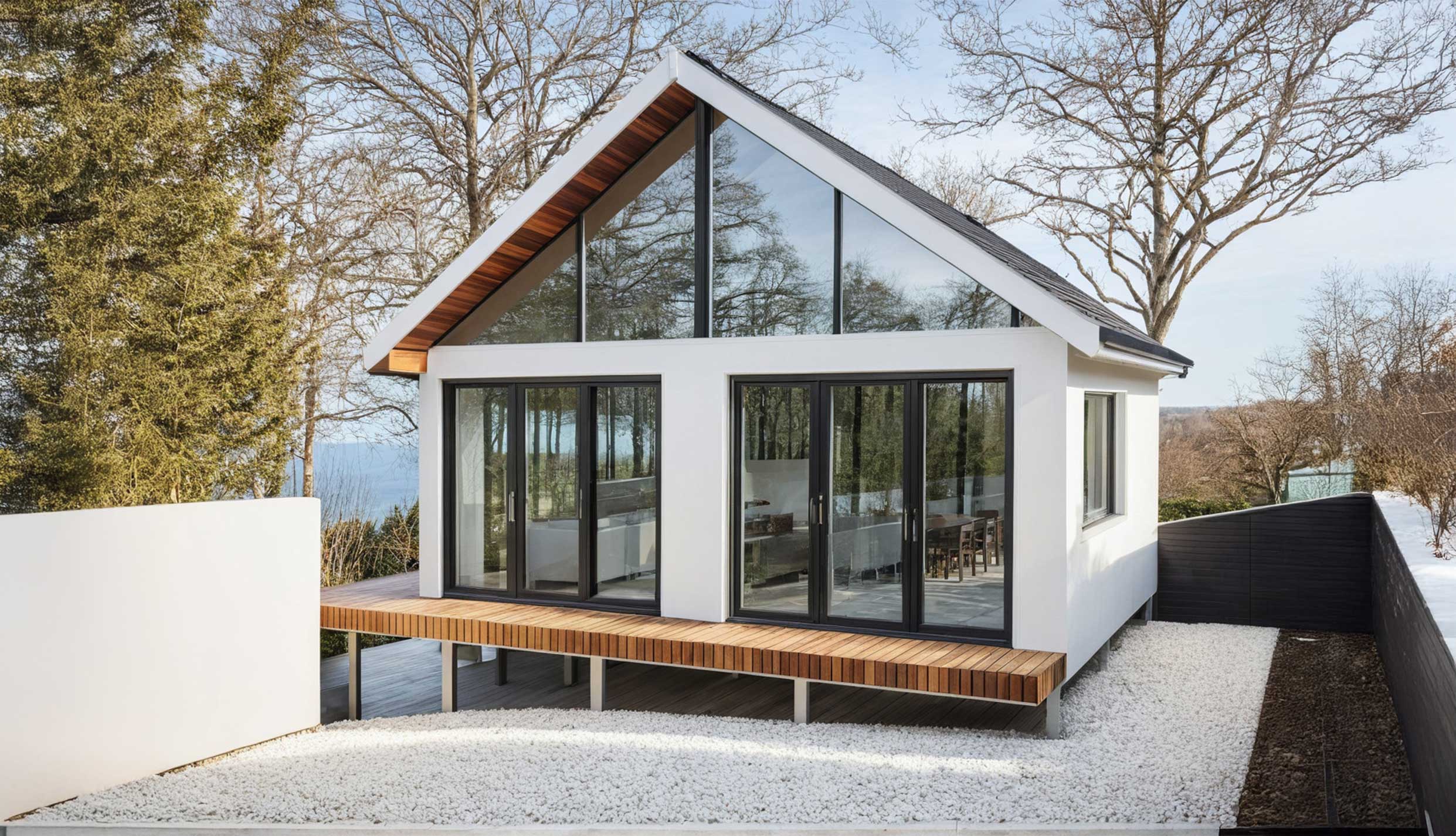Planning Your Home Extension



Nathan Strawbridge
Director
Expanding your home with an extension is an exciting undertaking that needs thoughtful planning and execution.
As your family grows and your lifestyle changes, the need for additional rooms, open layouts, or dedicated areas becomes crucial.
This guide will help to navigate you through the process of planning a successful house extension.
But first, why extend your home?
A well-designed extension will give you many benefits:
- Provide much-needed extra space to accommodate your changing needs, whether it's a spacious living area, an additional bedroom, or a home office.
- A seamless integration of the extension with your existing home can significantly enhance the overall functionality, flow, and aesthetic appeal.
- A well-executed extension can substantially increase the market value of your property, making it a worthwhile investment for the future.
Alright, so let's get into it. The first stage:
Determine your vision
Before diving into the nitty-gritty of construction, it's crucial to conceptualise your vision for the extension. Decide how you want to use the additional space and how it should integrate with your current living areas. It's a good idea to talk with a certified builder at this stage, so they can work with you to translate your ideas into a cohesive and functional plan, taking into account factors such as natural light, ventilation, and indoor-outdoor flow.
Once you have a clear vision, it's time to establish a realistic budget:
Budget and plan
You'll need to work with your builder to obtain accurate cost estimates, factoring in potential unforeseen expenses. In this step, you'll develop a comprehensive timeline that accounts for design, approvals, and construction phases, allowing for flexibility to accommodate any potential delays.
Once the budgeting and planning has been done, you'll need to make sure you obtain any necessary permits or approvals.
Obtain approvals and permits
Depending on the scope of your extension, you may require various approvals and permits from local council. Consult with your builder to understand the specific requirements and ensure compliance with all relevant regulations. Failure to obtain the necessary permits can result in costly delays or even legal consequences.
Once the appropriate approvals and permits are in place, the construction stage can begin.
Navigate the construction stage
In the construction stage it's important to maintain open communication with your builder, addressing any concerns or queries promptly. Have regular site visits to monitor progress and ensure adherence to the agreed-upon plans and specifications. Be prepared for potential disruptions or inconveniences during the construction process, as they are often unavoidable.
Once the construction on your home extension is done, it's time to inspect the work.
Complete a final inspection
A thorough final inspection of your home extension must be done with your builder to ensure all work meets your expectations and satisfaction. It's important to address any outstanding issues or defects promptly.
Enjoy your new home extension
Once everything is in order, it's time to enjoy the beauty and functionality of your newly extended space, tailored to your unique needs and lifestyle.
As you can see from the outline above, the process of extending your home requires excellent communication and collaboration with your builder. Choosing the right builder is critical to the success of your home extension project. Make sure to thoroughly research potential builders, considering their portfolio and client testimonials, and make sure they have the necessary insurances and certifications required for residential construction.
If you're ready to bring your home extension vision to life, we're here to help – get started here. Or if you're not quite ready yet, get some inspiration with our recent home extension projects: Jeff + Erin’s Villa Renovation and Craig + Lucy’s Extension + Renovation.





